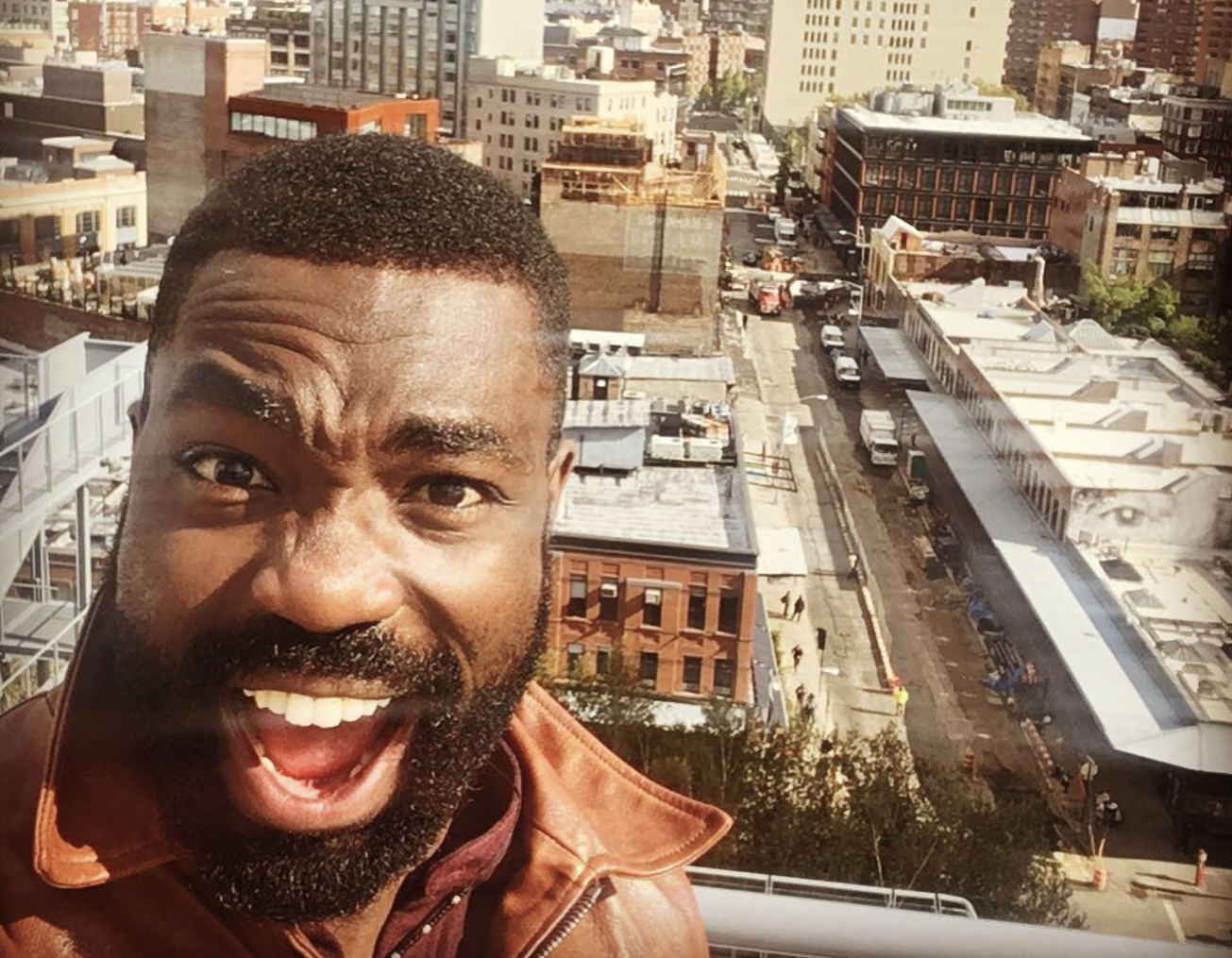A TikTok influencer is urging his followers to “invade” unoccupied American homes and claim squatter’s rights, making it hard for the rightful owners to evict them.
The TikTok user Leonel Moreno, known online as @leitooficial_25, has made false claims to his followers. Moreno, who appears to be a Venezuelan migrant, stated that U.S. law allows them to “seize” unoccupied houses.
It is worth noting that Moreno is misrepresenting squatter’s rights, also known as adverse possession laws, which are complex and vary by state. While they allow someone who occupies a property for an extended period to claim ownership, there are strict requirements.
Are you freaking kidding me! Everyone take a look 👀👇🏻illegal migrant f/Venezuela Leonel Moreno is offering TIPS to his 500K followers on Tiktok on how to ‘invade’ UNOCCUPIED homes using SQUATTER’s rights to ‘SEIZE IT’. OUR VILE CORRUPT POLITICIANS are allowing this to happen! pic.twitter.com/ySNl0e1XQ6
— Concetta🇺🇸 (@concetta8631) March 21, 2024
Moreno, who claims his friends have already occupied around seven abandoned properties, promotes seizing or occupying these vacant properties as the only solution for migrants to avoid homelessness and dependence on public assistance.
With nearly 4 million views, the now-viral video has sparked outrage online. Moreno has been accused of “promoting terrorism.” Many are urging the F.B.I. and Department of Homeland Security to take action, citing concerns about trespassing and potential property crimes.
The legal side of squatting: rights and risks
Squatter’s rights exist in all 50 states. These complex laws usually require lengthy occupation and specific criteria to gain ownership. Understandably, there are concerns that some may exploit them. Eviction can be complex for homeowners, but vigilante action is risky and illegal. Vigilantes are self-appointed doers of justice who pledge to confront the squatters head-on.
Based in a Columbus, Ohio suburb, Moreno has built a following of over 501,000 TikTok followers with videos aimed at migrants. In a recent video, the migrant influencer Moreno is encouraging his followers to enter unoccupied homes illegally.
Moreno, speaking in Spanish, made a misleading claim to his followers. He said: “There’s a law that says if a house is empty, we can take it over.” Moreno further argued that this applies to “land invasion,” even suggesting it could be his “next business.”
This is him. Leonel Moreno. Migrant from Venezuela living as a free loader in Ohio. And half a million followers on TikTok. He usually tells people to come to America and do the same. He’s dangerous and I think his account should get banned. pic.twitter.com/RqIny9VODA
— Nonaya Beeznas (@NonayaBeeznas) March 21, 2024
After promoting his idea of occupying abandoned properties, Moreno encouraged his followers to share stories of supposed successes other migrants have had in acquiring property this way.
“My African friends have told me that they have already taken about seven homes,’ he continued. ‘You have to look for the return, and the return right now is to invade a house.” He also argued that squatting is the “only way we have to not live in the street and not be a public burden.”
How long does it take? The timeframes for adverse possession
Moreno further misrepresents the law by claiming that “invaders” who fix up abandoned homes can earn “credits” when they’re sold. Unsurprisingly, this has sparked outrage on social media, with some users calling for Moreno to be held accountable for promoting illegal activity.
“Pretty sure this is illegal, and I feel like he’s encouraging others to engage in illegal activities,” one TikTok user commented. Another said, “Go get a job. Stop waiting for us taxpayers to support you.”
“There is literally NO law that says that, but go ahead and try…” wrote another. In 2012, Housing Minister and British politician Grant Shapps shut doors on squatters by introducing a new plan that demolished the rights of squatters.
The video was reposted on X, formerly Twitter, and received negative comments. One user accused Moreno of “promoting terrorism” and demanded his arrest by the F.B.I. and D.H.S.
Holy smokes. Tiktoker is advising illegals on how to take over Americans’ homes via progressive squatters’ rights laws. This tiktoker boasts that his friends already took over 7 homes. Unreal. pic.twitter.com/y03Cag77xA
— Libs of TikTok (@libsoftiktok) March 20, 2024
“Why do we even have laws in this country that allow illegals to come in and seize homes they don’t own? Our country is getting taken over. And our government is letting it happen.” It is unclear whether authorities are aware of Moreno’s video or investigating.
Previously known for boasting about collecting government benefits and street panhandling to fund his lifestyle, Moreno is now promoting a concept dubbed squatter’s rights.
Squatting on a property doesn’t guarantee ownership. To claim legal ownership through adverse possession, squatters must fulfil specific requirements that vary by state.
These timeframes typically range from 7 to over 20 years of uninterrupted occupancy, with some localities allowing claims in shorter periods, according to a DailyMail report. Squatters can pose security risks, as seen in 2017 when those near Buckingham Palace raised concerns.







